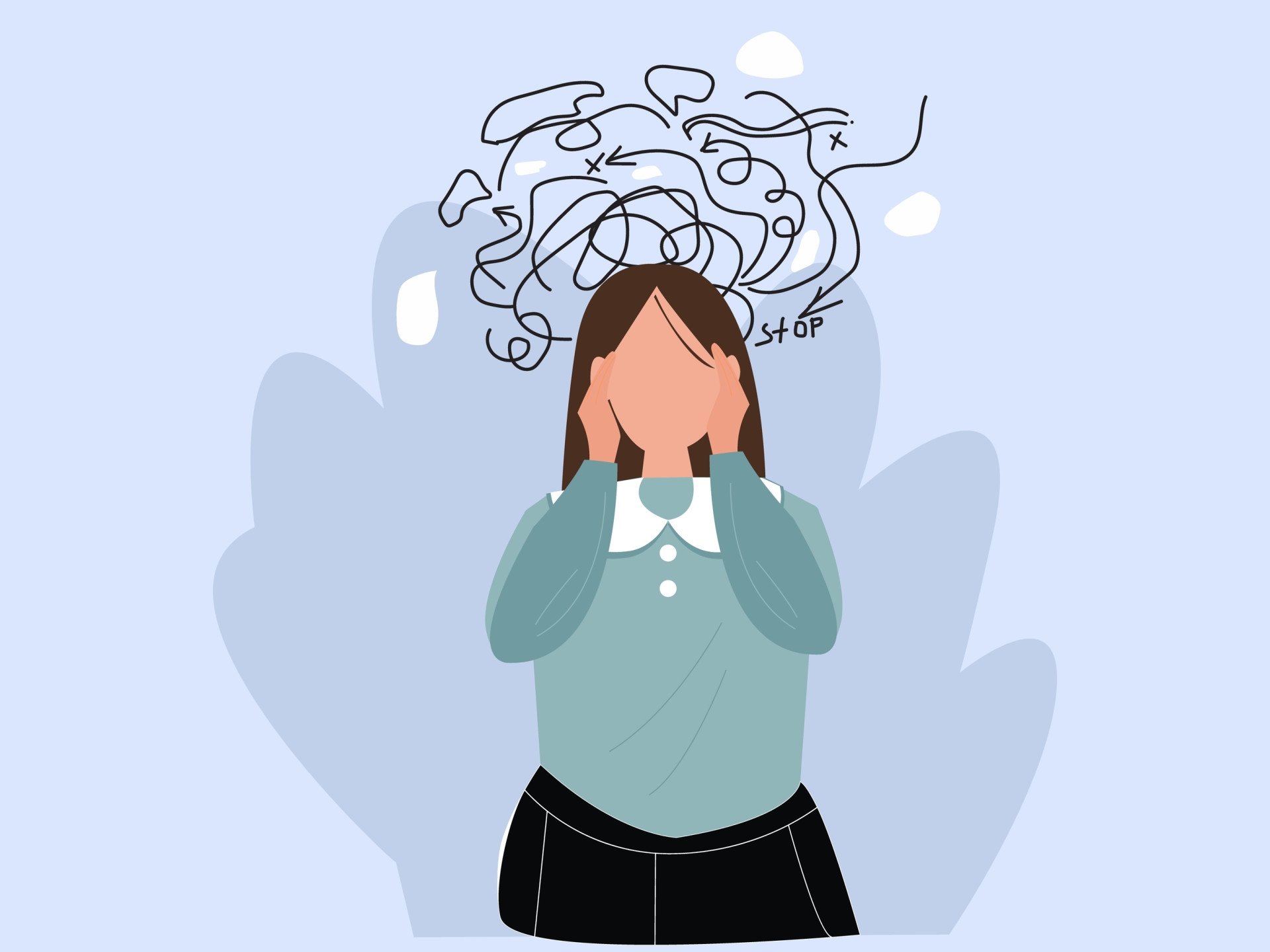
Key Points
- Autistic adults face higher rates of both physical and mental health conditions compared to non-autistic peers.
- Mood, anxiety, and personality disorders were the most common mental health conditions, while allergies and bowel problems were frequent physical ones.
- Mental health challenges clustered tightly, suggesting complex and overlapping needs.
- No single “bridge condition” linked physical and mental health—but multiple smaller connections emerged.
- Findings highlight the need for integrated healthcare and societal changes to support autistic well-being.
The puzzle of hidden health struggles
Imagine juggling several spinning plates. One wobbles, then another, and soon the whole system feels unstable.
For many autistic adults, this is what health can feel like—managing physical conditions on top of mental health challenges, all while navigating a world that often misunderstands autism.
A large study in the Netherlands set out to untangle this puzzle. Instead of looking at single conditions in isolation, researchers mapped how physical and mental health problems overlap in autistic adults. The results show a complex web of connections, with autism at the center.
How the study worked
The team surveyed 327 autistic and 274 non-autistic adults, aged 30 to 90. Participants completed detailed questionnaires about their physical health, mental health, and quality of life.
Rather than stopping at simple comparisons, researchers used a method called psychometric network analysis.
Think of it as drawing a map of how conditions link together—like charting a constellation rather than listing individual stars. This approach helped reveal not only which conditions were common but also how they clustered and connected.
Mental health at the core
The study found that autistic adults were much more likely to experience mental health conditions.
Nearly half reported a mood disorder, one in five reported anxiety, and a similar number reported a personality disorder.
These mental health challenges didn’t appear as separate issues. Instead, they formed a tightly knit cluster—each condition closely linked with the others.
This pattern highlights how mental health difficulties in autism often overlap and reinforce one another, making support more complicated than treating each diagnosis separately.
Physical health adds to the load
On the physical side, autistic adults more often reported allergies (48%), bowel problems (27%), and thyroid conditions (6%).
Compared to non-autistic peers, they were about two to four times more likely to have these issues.
Unlike the mental health cluster, physical conditions were more loosely connected.
Still, certain problems—like bowel and respiratory issues—showed stronger links to autism and mental health conditions.
This suggests that while no single illness explains the overlap, physical health struggles can add extra strain to an already complex picture.
The missing “bridge”
Researchers hoped to identify a single “bridge condition” that might explain how physical and mental health intertwine in autism.
Instead, they found several smaller connections: bowel problems linked to mood disorders, allergies linked to autism, and respiratory issues tied to personality disorders.
This means there isn’t one gateway condition connecting body and mind. Instead, multiple small bridges create a web of interdependence, where stress in one area may ripple across others.
Beyond biology: the role of society
The study also points to a bigger picture.
Health isn’t shaped only by biology. Barriers in healthcare access, experiences of stigma, and the stress of constantly adapting to non-autistic environments all take a toll.
These systemic factors may intensify both physical and mental health problems, creating a cycle that statistics alone can’t explain.
As the authors note, tackling autistic health challenges requires more than medical treatment. It calls for structural changes—such as autism-friendly healthcare practices, longer appointment times, consistent providers, and better communication support.
Why it matters
For autistic adults, the findings validate lived experiences: health challenges rarely come one at a time, and they often interact in unpredictable ways.
For families and clinicians, the research underscores the need to look at the whole person—not just one diagnosis.
A therapist treating depression in an autistic client might also ask about digestive issues. A physician managing allergies might consider how mood plays a role.
Integrated care models, where mental and physical health professionals collaborate, could make a real difference.
And for society at large, the study is a reminder that autistic well-being isn’t just about medicine. It’s about acceptance, accessibility, and dismantling the barriers that amplify stress.
The takeaway
Autism sits at the center of a web of interconnected health challenges.
Mental health conditions form the tightest cluster, but physical conditions like bowel problems and allergies add weight to the load.
There may be no single “bridge” linking body and mind—but there are many pathways where they meet.
Supporting autistic health means treating both clusters at once, while also addressing the social environment that shapes them.
In other words: to improve autistic well-being, we need both better healthcare and a more inclusive society.
Reference
Torenvliet, C., Radhoe, T. A., & Geurts, H. M. (2025). Occurrence and overlap of physical and mental health conditions in autistic adults. Autism. https://doi.org/10.1177_13623613251362346

